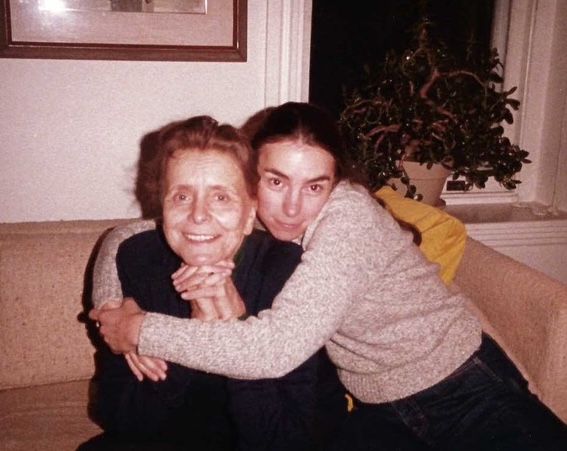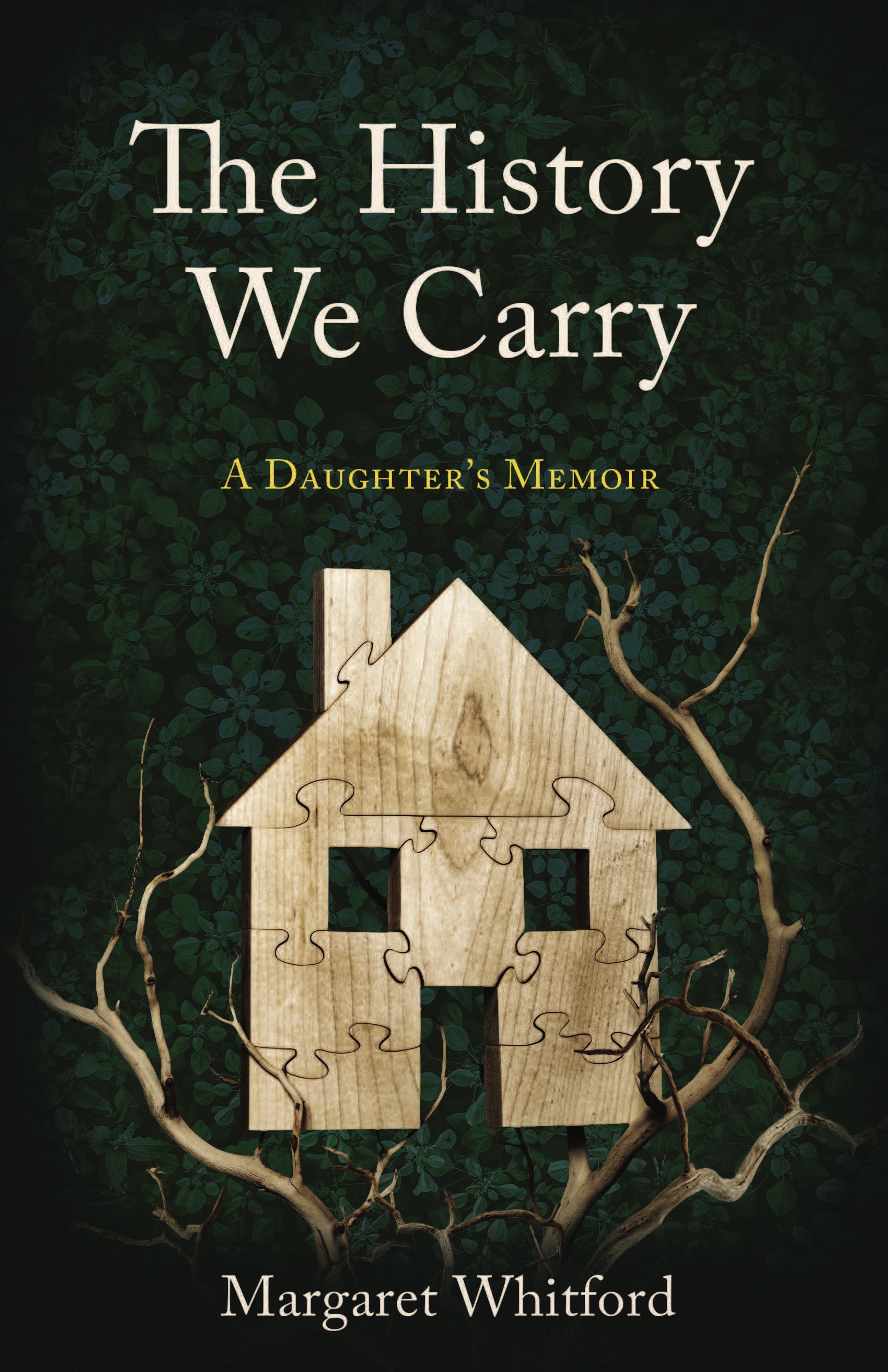The Making of The History We Carry: A Daughter's Journey
My mother died on a winter evening in Massachusetts. In Paris at the time, I arrived in Boston less than twenty-four hours after her death. It might have been otherwise. I could have chosen to go to her when she was first hospitalized. I could have postponed my trip to France, or once I'd arrived there, I could have departed as soon as I learned my mother had entered hospice instead of delaying by two days. I could have gone to my mother without waiting for her to ask for me.
In the days and months after she died, two questions haunted me: Why did my mother, once she knew she was dying, not ask for me? And, how could I not have gone to her regardless of whatever she did or did not do? Instead of coming together, my mother and I remained on opposite shores, far more than an ocean separating us.
Understanding both the origins and consequences of that gulf drove this memoir.

In the days and months after she died, two questions haunted me: Why did my mother, once she knew she was dying, not ask for me? And, how could I not have gone to her regardless of whatever she did or did not do?

I like to think my mother supported my exploration by giving me a way to begin. I started with the interviews I'd conducted with her during the last decade of her life, many of which I had recorded. I could listen to her voice describing her childhood and her life in Latvia during the Second World War and later in Austria during the war's aftermath. I could examine my mother's past, and in doing so, know her in ways I never could while she lived. Though much of what she told me involved stories of trauma, that was not the only narrative. I came to appreciate my mother as a young woman full of ambition and courage. And the more I learned about what she'd survived the deeper my admiration.
As I lingered with my mother's memories, I gradually realized that they held layers of meaning, and that I needed to discover what lay beneath the surface of her stories. I needed to study the unique language of trauma. It is a language of the body, the mind, and the heart. For my mother, it was a language of withholding.
William Faulkner wrote: “The past is never dead. It's not even past.” My mother's traumatic history lived within and shaped our relationship and is part of my maternal legacy.
To be the most authentic and complete versions of ourselves, I believe that each of us has to come to terms with our familial histories, especially the histories of our earliest caregivers, because those histories are formative. The History We Carry is my effort to accomplish that goal. I hope it gives readers encouragement to pursue that same objective in their own lives. None of us can escape the past, but we can learn from it in ways that diminish its power and allow us to move forward with strength and hope.